
Premium Polyvinyl Alcohol (PVA) for Cement & Adhesives
The Core of Modern Industry: Understanding Polyvinyl Alcohol (PVA)
Polyvinyl Alcohol, commonly known as polyviny alcohol (PVA), represents a synthetic polymer distinguished by its exceptional water solubility, film-forming capabilities, adhesive properties, and resistance to oil, grease, and solvents. It is widely recognized for its non-toxic, biodegradable, and biocompatible nature, making it a versatile material across an expansive array of industrial applications. The global market for PVA is experiencing robust growth, driven by burgeoning demand in the construction sector, particularly for applications like pva cement additives, alongside significant consumption in textile sizing, paper coatings, and adhesive formulations. Industry trends indicate a consistent upward trajectory, fueled by sustainable practices and the increasing adoption of eco-friendly materials. Leading polyvinyl alcohol manufacturers are continuously investing in research and development to enhance product performance, optimize production processes, and explore novel applications, thereby reinforcing PVA's pivotal role in achieving enhanced material performance and durability. This sustained innovation, coupled with a focus on supply chain resilience and cost-effectiveness, positions PVA as a material of strategic importance for diverse industrial segments aiming for both functional superiority and environmental responsibility in their product development.
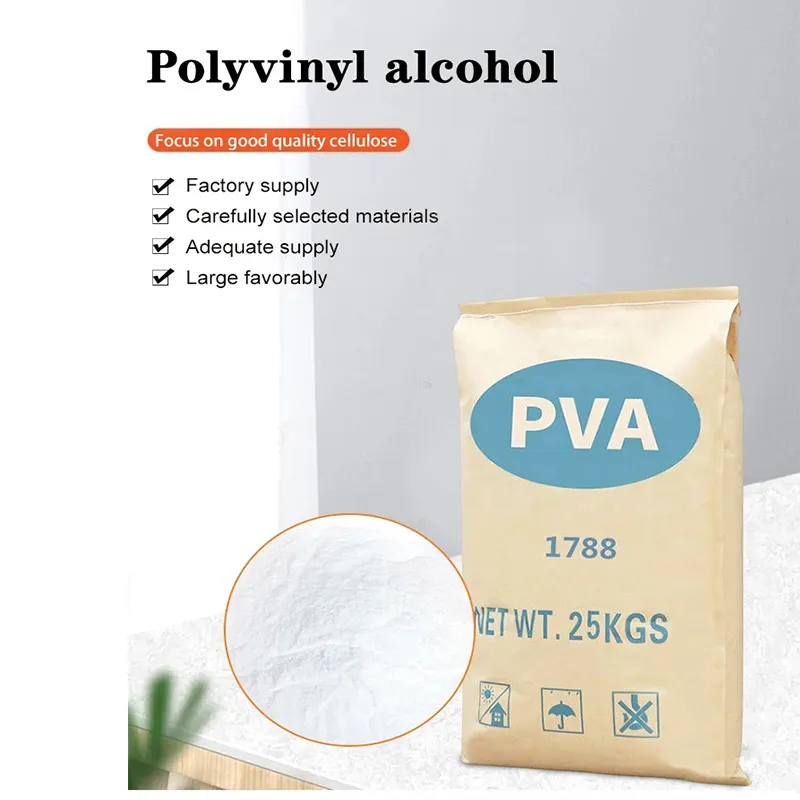
The market dynamics are further influenced by fluctuations in raw material prices, notably vinyl acetate monomer (VAM), which directly impacts the polyvinyl acetate price and, subsequently, the cost of PVA production. Despite these variable inputs, the inherent advantages of polyviny alcohol continue to drive its adoption. In construction, its role as a redispersible polymer powder in cement mortars improves adhesion, flexibility, and crack resistance, extending the service life of building materials. For instance, in modern high-performance concrete, PVA fibers are increasingly used to enhance tensile strength and reduce plastic shrinkage cracking. In the textile industry, PVA serves as an excellent warp sizing agent, improving yarn strength and reducing breakage during weaving. Its biodegradability also offers a significant environmental advantage over traditional synthetic sizing agents. As industries increasingly prioritize sustainable solutions, the demand for PVA is expected to accelerate, pushing manufacturers to innovate in areas such as lower energy consumption during production and the development of new grades tailored for specific, high-performance applications.
The Sophisticated Manufacturing Process of Polyvinyl Alcohol
The production of polyviny alcohol is a sophisticated multi-stage chemical process, primarily involving the polymerization of vinyl acetate monomer (VAM) to polyvinyl acetate (PVAc), followed by the hydrolysis (or alcoholysis) of PVAc. Initially, vinyl acetate is polymerized, typically through emulsion, suspension, or solution polymerization, to form polyvinyl acetate. This precursor material, PVAc, is characterized by its distinct molecular weight and distribution, which are critical in determining the final properties of the PVA. The subsequent and most crucial step is the alcoholysis of PVAc, where ester groups are replaced by hydroxyl groups using an alkaline catalyst, commonly sodium hydroxide or methoxide, in methanol. The degree of hydrolysis, referring to the percentage of acetate groups converted to hydroxyl groups, is a defining parameter that dictates PVA’s solubility, adhesive strength, and film-forming properties. For instance, fully hydrolyzed PVA (>98% hydrolysis) exhibits higher crystallinity and water resistance than partially hydrolyzed PVA (80-90% hydrolysis), which is more water-soluble and offers better adhesion.
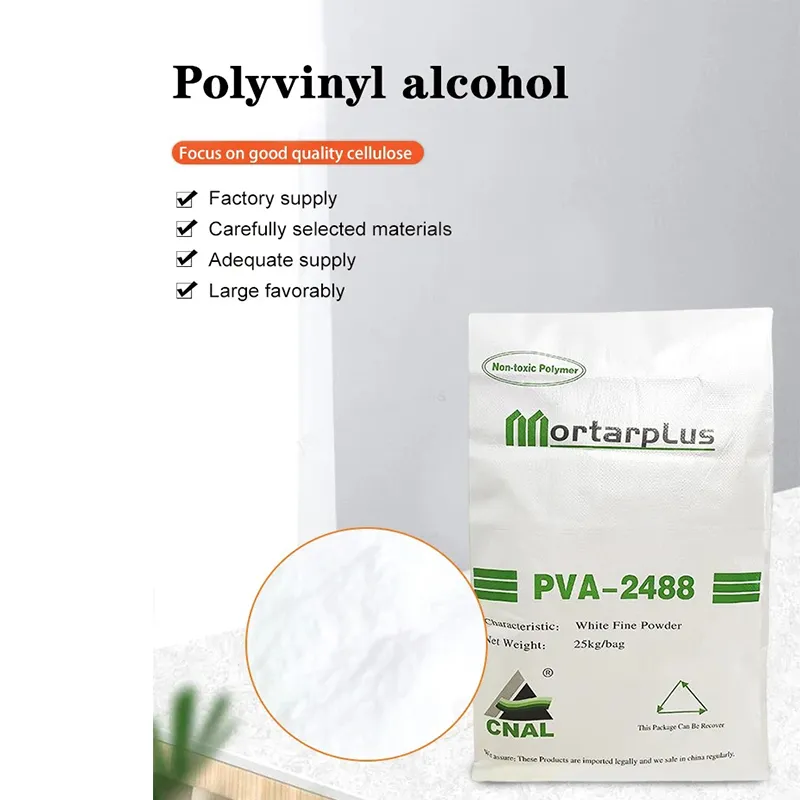
During the manufacturing process, stringent quality control measures are implemented to ensure the consistent purity and performance of polyviny alcohol. This includes continuous monitoring of reaction parameters such as temperature, pressure, and catalyst concentration to precisely control the degree of polymerization and hydrolysis. Post-production, the PVA is usually dried, ground, and sieved into various particle sizes to meet specific application requirements. Adherence to international standards, such as ISO 9001 for quality management systems and relevant ASTM or JIS standards for material testing, is paramount to ensure product reliability. The material's longevity in typical applications, particularly in its role in pva cement, hinges on its inherent chemical stability and the precise control during its synthesis. For example, in construction, the hydrolytic stability of PVA ensures its long-term performance within alkaline environments of cementitious materials, contributing to the durability and extended service life of concrete structures. This meticulous process ensures that each batch of PVA meets the high performance benchmarks required for specialized industrial use, from petrochemical to metallurgical applications where its robust binding and film-forming qualities are indispensable.
Key Technical Specifications and Parameters of Polyvinyl Alcohol (PVA)
The performance characteristics of polyviny alcohol are meticulously defined by a set of critical technical parameters, each playing a vital role in determining its suitability for specific industrial applications. Understanding these specifications is fundamental for industries, especially those seeking customized solutions from polyvinyl alcohol manufacturers. The degree of hydrolysis, as previously mentioned, is paramount, directly influencing water solubility, adhesive strength, and film formation. Fully hydrolyzed grades are ideal for applications requiring high water resistance and strength, such as in paper and textile sizing, while partially hydrolyzed grades offer superior adhesion and flexibility, often preferred in adhesives and thickeners. Viscosity, measured in mPa.s or cps, is another crucial indicator, reflecting the polymer’s molecular weight and chain length, which dictates solution flow behavior and coating properties. A higher viscosity generally indicates a higher molecular weight, leading to stronger films and adhesives.
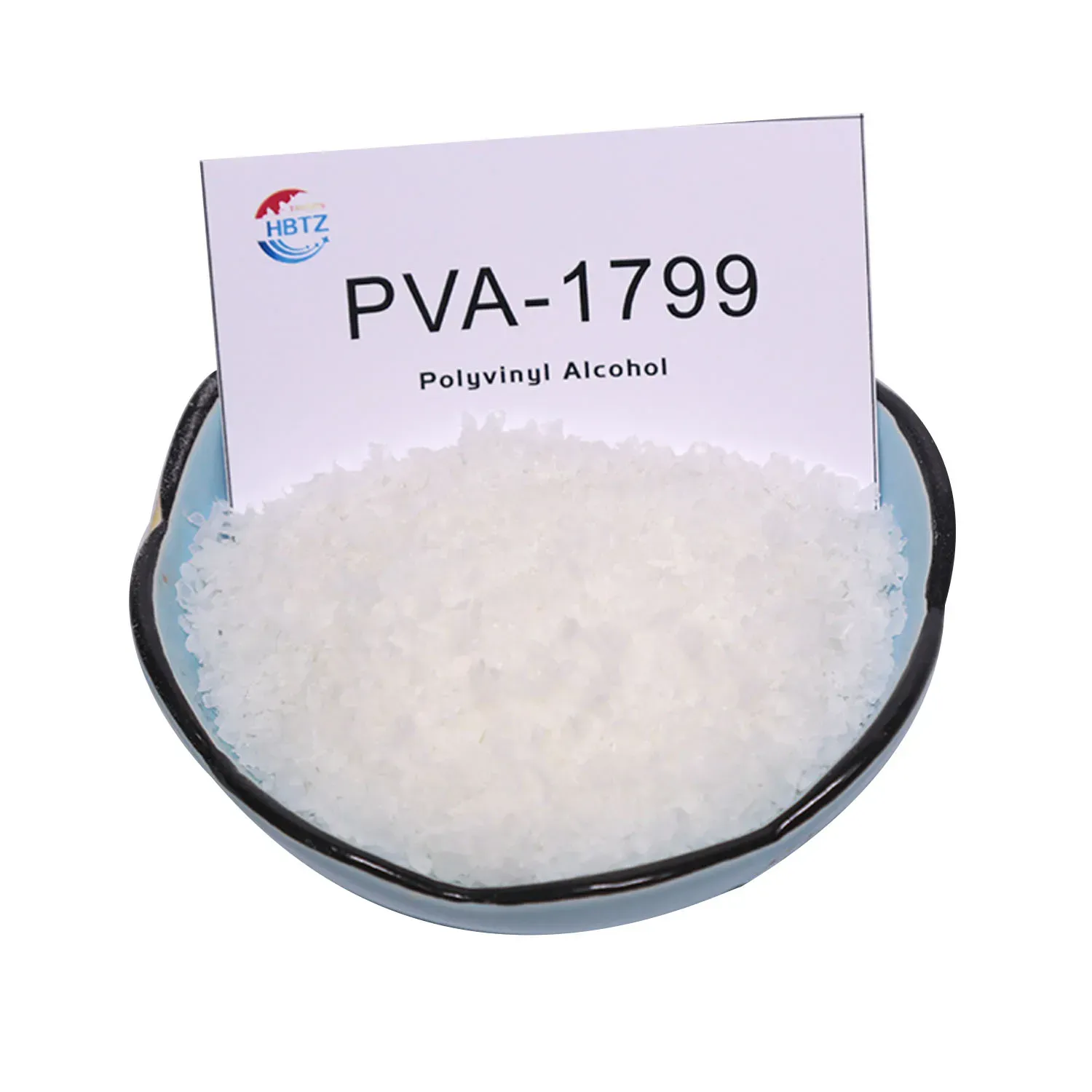
Other significant parameters include the polymerization degree, which correlates directly with molecular weight, and volatile content, indicating the presence of residual solvents or moisture, which must be minimal to ensure product purity and stability. Ash content, representing inorganic impurities, is also a critical specification, particularly for pharmaceutical or food-grade applications where high purity is essential. The pH value of a PVA solution provides insight into its chemical environment, influencing its compatibility with other additives. Solubility and dissolution time are practical parameters affecting ease of preparation in industrial settings. Below is a comprehensive table outlining typical parameters for various grades of polyviny alcohol, demonstrating the breadth of product offerings available to meet diverse industrial requirements. These specifications ensure that PVA can be precisely tailored, whether for use in specialized pva cement formulations requiring specific setting times and strengths, or in advanced applications demanding high clarity and barrier properties, ensuring optimal performance and cost-efficiency.
Typical Polyvinyl Alcohol (PVA) Technical Specifications
Diverse Applications and Technical Advantages
The versatility of polyviny alcohol enables its widespread adoption across a multitude of industrial applications, each leveraging its unique combination of properties. In the construction industry, PVA is a crucial component in advanced building materials. As an additive in pva cement, mortars, and renders, it significantly enhances adhesion strength, flexibility, and impact resistance, while simultaneously improving workability and reducing cracking in finished structures. Its ability to form robust films provides excellent anti-corrosion properties when used in protective coatings for metallic surfaces, extending the lifespan of infrastructure in demanding environments like petrochemical plants or water treatment facilities. The textile industry heavily relies on PVA for warp sizing, where its superior film-forming ability reduces yarn breakage during weaving, leading to higher production efficiency. Moreover, its water solubility allows for easy desizing, contributing to a more sustainable textile manufacturing process.
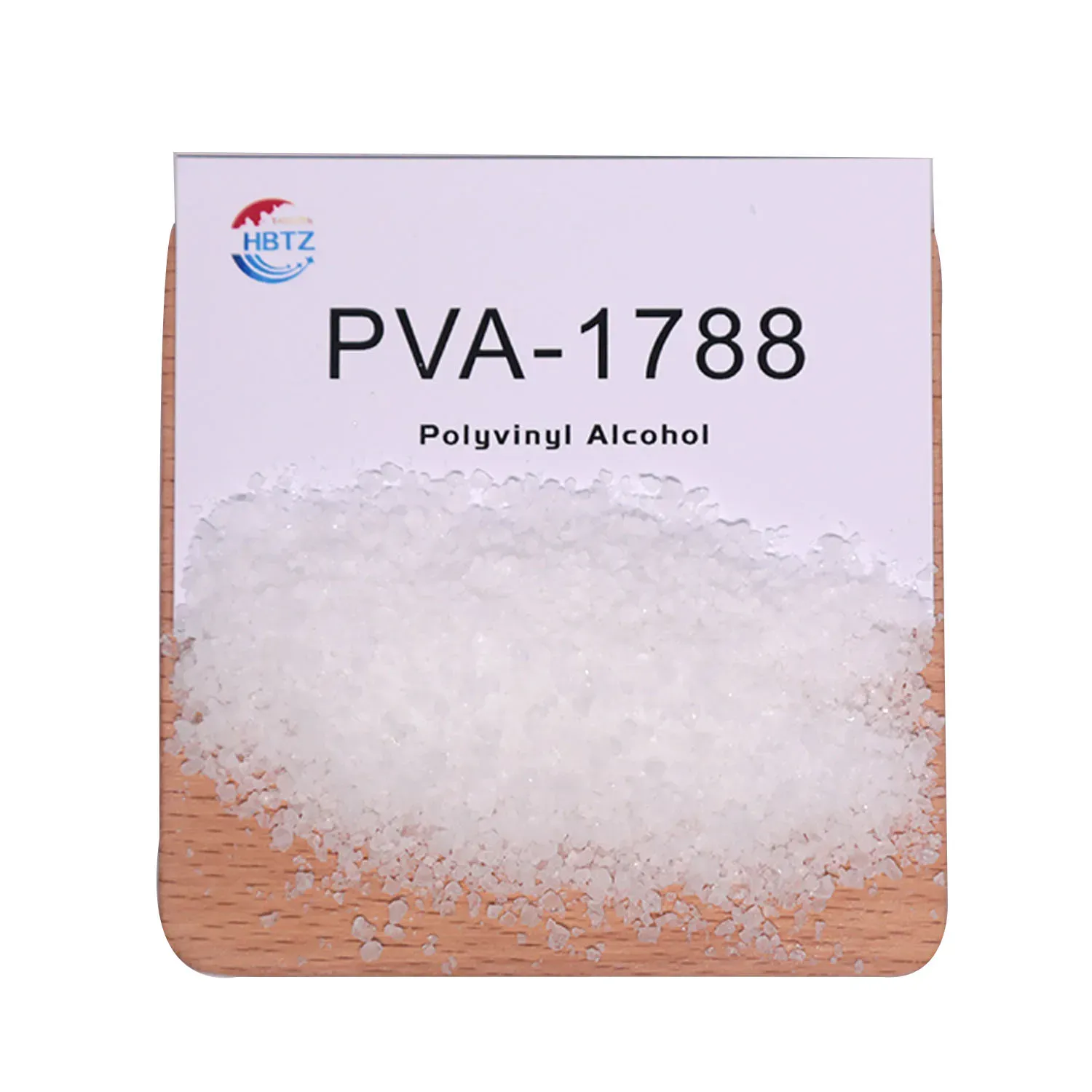
Beyond these, polyviny alcohol finds extensive use in the paper industry for coating and sizing, improving paper strength, printability, and barrier properties against oils and greases. As an emulsifier and dispersant, it stabilizes various emulsions in polymerization processes, while its adhesive properties are highly valued in wood adhesives, packaging, and general-purpose glues. In specialized applications, PVA films are utilized for their excellent gas barrier properties, making them suitable for packaging sensitive materials. The inherent biodegradability of PVA also positions it as an environmentally friendly alternative in numerous applications, aligning with global sustainability goals. For example, in agricultural films, PVA can offer a biodegradable option compared to conventional plastics. Its application in medical fields, such as for drug delivery systems and surgical sutures, highlights its biocompatibility and non-toxicity. The continuous innovation by polyvinyl alcohol manufacturers ensures that PVA remains at the forefront of material science, providing solutions that not only enhance performance but also contribute to energy efficiency and environmental protection across diverse sectors, ultimately offering significant long-term value for B2B partners.
Manufacturer Comparison and Customization Solutions
Selecting the right polyvinyl alcohol manufacturers is a critical decision for businesses, impacting not only product quality and performance but also supply chain stability and cost-effectiveness. Key factors to consider include a manufacturer's adherence to stringent quality control, their research and development capabilities, consistency in product batches, and the robustness of their supply chain logistics. Leading manufacturers distinguish themselves through their ability to produce a wide range of PVA grades, tailored to specific industrial requirements. For instance, a manufacturer with strong R&D can offer polyviny alcohol with optimized hydrolysis degrees and viscosity levels, perfectly matched for specialized applications such as high-performance concrete additives or specific textile sizing needs. This customization capability ensures that clients receive a product that not only meets but often exceeds their performance expectations, leading to enhanced end-product quality and reduced material waste.
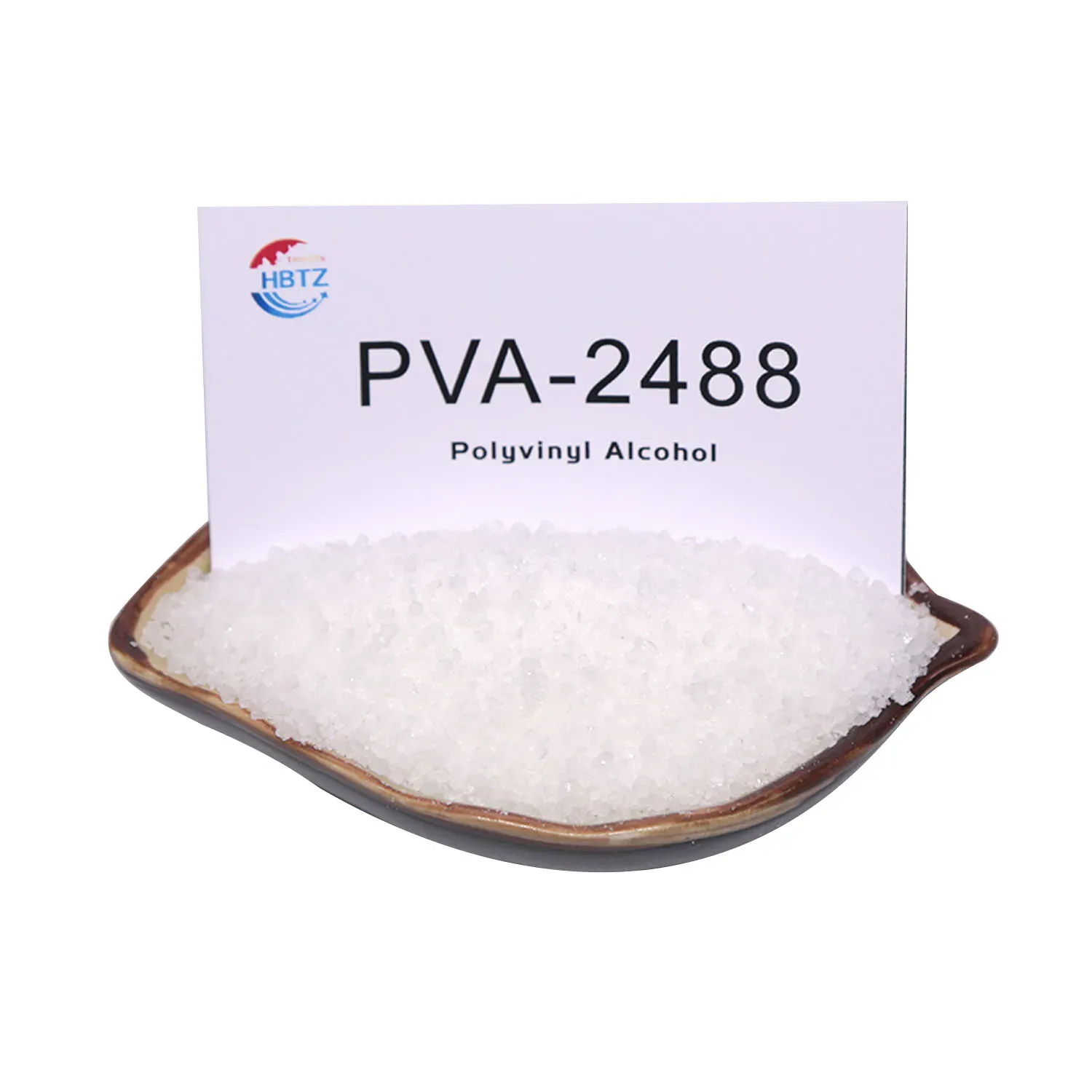
Furthermore, the competitive landscape among polyvinyl alcohol manufacturers often influences the polyvinyl acetate price, which is a primary cost driver for PVA. Manufacturers with integrated production facilities and efficient operational processes can offer more competitive pricing while maintaining high quality. Customization solutions extend beyond just technical specifications; they encompass packaging, delivery schedules, and technical support. A reputable manufacturer will engage in collaborative development, working closely with clients to understand their unique challenges and formulate bespoke PVA solutions. This partnership approach ensures that whether it's for pva cement enhancements in challenging climates or for specialized coatings in the electronics industry, the PVA supplied is perfectly optimized. This level of service not only fosters long-term relationships but also provides significant value, ensuring that clients can innovate and maintain their competitive edge in a rapidly evolving market, relying on a consistent supply of high-quality, customized polyviny alcohol products.
Ensuring Trust and Excellence: Quality, Support, and Case Studies
Building trust in the B2B chemical supply chain, especially for specialized materials like polyviny alcohol, hinges on demonstrated expertise, reliable experience, undeniable authoritativeness, and transparent trustworthiness. Our commitment to these pillars is evidenced by stringent quality control measures implemented at every stage of production, adhering to international standards such as ISO 9001. We conduct comprehensive batch testing, utilizing advanced analytical techniques to verify critical parameters like hydrolysis degree, viscosity, and purity, ensuring that every shipment of polyviny alcohol meets exact specifications. With over two decades of dedicated service in the chemical industry, we have cultivated extensive experience, collaborating with leading enterprises across diverse sectors including construction, textiles, and paper. This extensive experience translates into a deep understanding of unique application challenges and the ability to provide precise technical guidance and innovative solutions. Our authoritative standing is further reinforced by our rigorous internal R&D, continuous investment in process optimization, and a track record of successful partnerships, enabling us to consistently deliver superior products that align with the evolving demands of the global market.
Our dedication to trustworthiness is reflected in our robust customer support framework, transparent delivery cycle management, and unwavering quality assurance. We maintain efficient logistics networks, ensuring timely and secure delivery of polyviny alcohol products to our global clientele, with typical delivery cycles precisely managed to meet project deadlines. Our comprehensive warranty covers product specifications and performance, providing peace of mind and demonstrating our confidence in the quality of our offerings. Furthermore, our dedicated technical support team is readily available to assist with product selection, application optimization, and troubleshooting, ensuring seamless integration of our PVA solutions into your processes. A testament to our collaborative success is a recent case where a major construction firm, grappling with inconsistent strength in their pre-cast concrete elements, adopted our specialized pva cement additive. Through close consultation and product tailoring, we helped them achieve a 15% increase in compressive strength and a significant reduction in material waste, leading to substantial cost savings and improved structural integrity. This commitment to delivering measurable value underscores our position as a preferred partner for polyvinyl alcohol manufacturers.
Frequently Asked Questions (FAQs)
-
Q: How do I select the correct PVA grade for my application?
A: Selecting the appropriate PVA grade primarily depends on the required degree of hydrolysis and viscosity. Fully hydrolyzed grades are suitable for applications demanding high water resistance and strength (e.g., paper sizing), while partially hydrolyzed grades offer better adhesion and flexibility, ideal for adhesives and cement additives. Our technical team can assist in recommending the optimal grade based on your specific needs.
-
Q: What are the storage requirements for Polyvinyl Alcohol?
A: Polyviny alcohol should be stored in a cool, dry place, away from direct sunlight and moisture, in its original sealed packaging. Proper storage ensures its long-term stability and prevents caking or degradation. The typical shelf life is two years under recommended conditions.
-
Q: Can PVA be customized for unique industrial requirements?
A: Absolutely. As experienced polyvinyl alcohol manufacturers, we offer extensive customization capabilities for polyviny alcohol. This includes tailoring specific degrees of hydrolysis, viscosity ranges, particle sizes, and even developing composite formulations to meet your precise performance criteria for specialized applications, ensuring optimal material efficiency and product innovation.
Authoritative References
- Finch, C. A. (1992). Polyvinyl Alcohol: Properties and Applications. John Wiley & Sons.
- Sakurai, K. (1993). Poly(vinyl alcohol) as a water-soluble polymer: Its properties and applications. Polymer Journal, 25(8), 869-890.
- Chiellini, E., & Tazi, M. (2002). Poly(vinyl alcohol): biodegradable films and coatings. Progress in Polymer Science, 27(1), 1-28.
-
Reliable Powdered Cellulose Supplier: Quality, Sustainability & InnovationNewsNov.24,2025
-
Find Trusted Microfibrillated Cellulose Suppliers for Sustainable Industrial SolutionsNewsNov.24,2025
-
Leading Methocel Suppliers: Quality, Innovation & Sustainability in Methylcellulose SupplyNewsNov.23,2025
-
Reliable Hydroxyethylcellulose Suppliers for Industry & Sustainability | Tangzhi HPMCNewsNov.23,2025
-
Top Ethyl Cellulose Supplier – Quality, Sustainability, and Industrial SupportNewsNov.23,2025
-
Trusted CMC Powder Suppliers for Food, Pharma & Industrial Use | Tangzhi HPMCNewsNov.22,2025





















